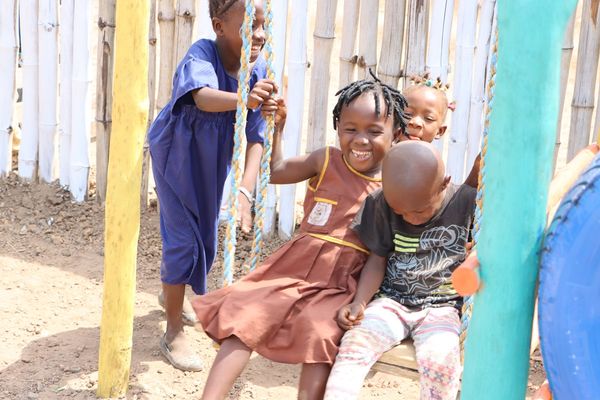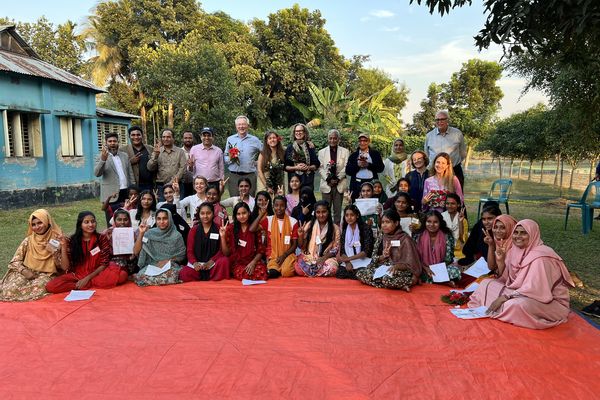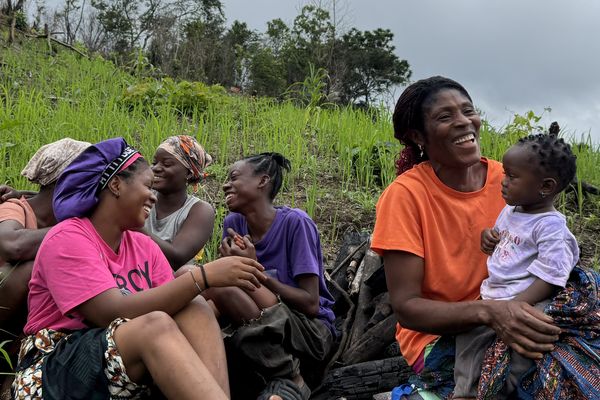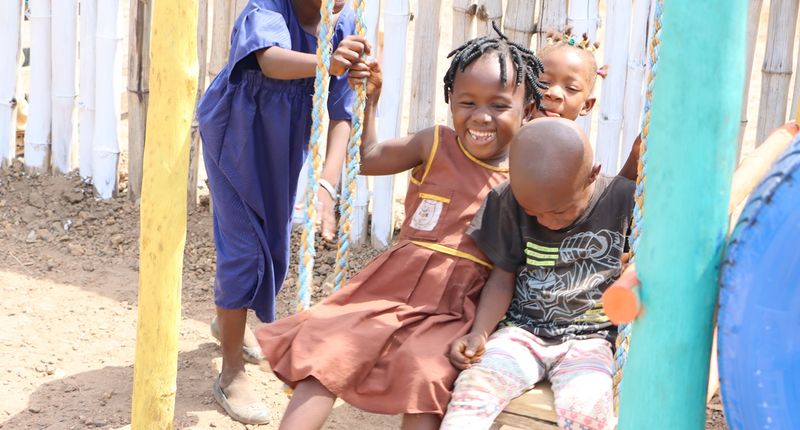
What happens when children cannot learn in a language they are comfortable in? Well, it holds back a child’s learning — and even more so if they happen to live in poverty. Research shows that in communities where many languages are spoken, imposing a dominant language through a school system often results in exacerbating social and cultural inequality. In fact, according to UNESCO, even though children should be taught in a language they understand, close to 40% of the global population does not have access to education in a language they speak or understand.
But does that mean we should only stick to learning one language? Not really. Take, for example, the Philippines and Sierra Leone, two countries where BRAC works, where 180 and 23 languages are spoken respectively. In Sierra Leone, the official language is English, but there are 23 living languages in the country. The major languages are Mende, Temne, Limba and Krio.
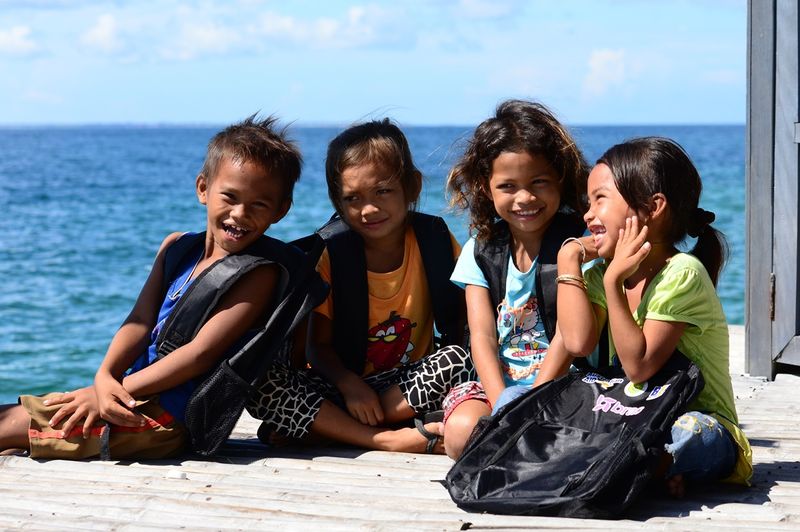
In the Play Labs in Sierra Leone’s Bo and Port Loko communities, students get to learn and speak in three languages — English, Mende and Krio. Mende and Krio are both local languages that the majority of children grow up speaking. They start the first years of learning in the language they are most comfortable in, picking up English, the official language of the country, as they go.
Children aged three to five engage in play-based learning through a culturally relevant model at the Play Labs. The key word here is culturally relevant: All Play Labs offer learning opportunities that are contextualized. Children learn rhymes in their mother tongue, play and make toys that they are familiar with, and their parents get to be a part of their growth as well.
Studies show that learning in the mother tongue paves way for improved academic performance, compared to learning in a foreign language. Many children in Play Labs say they are happier and more comfortable to learn and engage in the language that is spoken at their homes and communities. But they are also keen on learning a second or third language, showing just how confident they are in expressing themselves.
“I like learning and speaking in my own language because it helps me express myself better in class,” says one of the participants of a BRAC Play Lab, based in the Mothers Union Preschool. He wants to learn a new language because he wants to travel to other cities and meet new people.
Another participant from a Play Lab based in the Muloma Pre-School, when asked about learning in their own language, says, “I express myself best to my friends when I speak in my own language. It helps me understand what my teacher says, and it helps me to participate in class.”
Benefits of a second language
This is not to say multilingual learning is not important. Teachers at the Play Labs in Sierra Leone say many of their students are keen on learning a second language.
“Children who know a second language perform better in tasks that call for creative thinking,” says Katimu Allieu, a Play Leader at the Mothers Union Preschool. “They can easily learn about other cultures, and participate with more confidence.”
In the Philippines, where nearly 180 languages are spoken, Janifa Bangcola, BRAC’s education program manager, says, “The use and recognition of indigenous languages will help preserve and promote the rich cultural heritage of the country.”
But increasing globalization and the growing need for international cooperation highlights the importance of learning a second or third language, one that is widely used and can bridge gaps in communication between people of diverse backgrounds.
“Learning a global language in addition can be extremely beneficial for students as it will equip them with the ability to communicate internationally,” Janifa adds.
BRAC’s experience working in many different cultural contexts shows us there is no one-size-fits-all solution. But there is strong evidence that when a child learns in their mother tongue, they are more likely to learn an additional language more quickly and accurately, and with more confidence.
Story by Tahmeed Chaudhury, Deputy Manager, Content and Knowledge Management; and Abida Rahman Chowdhury, Senior Manager, Thought Leadership and Content at BRAC International. Abdulai Bunduka, Communications Coordinator, BRAC Sierra Leone; Sarah Abutazil, Head of Operations, Program Support, BRAC Philippines; and Janifa C. Bongcola, Project Manager, Education, BRAC Philippines also contributed to this blog.
